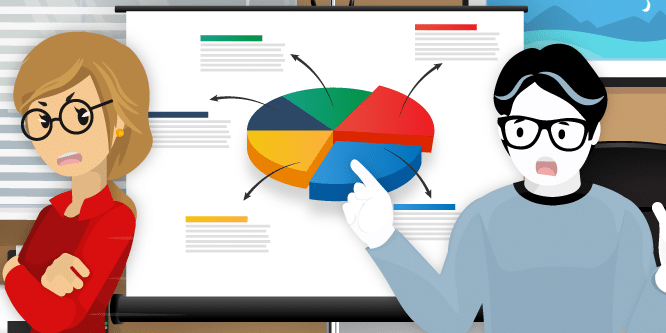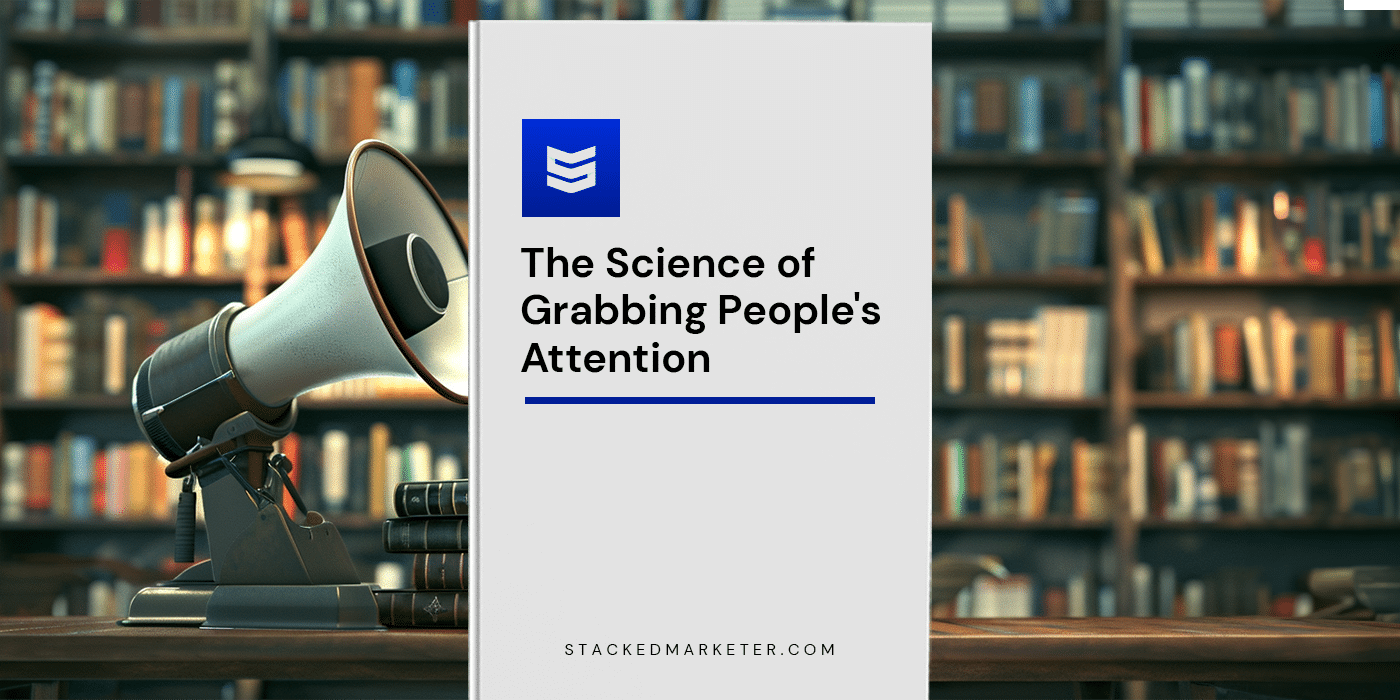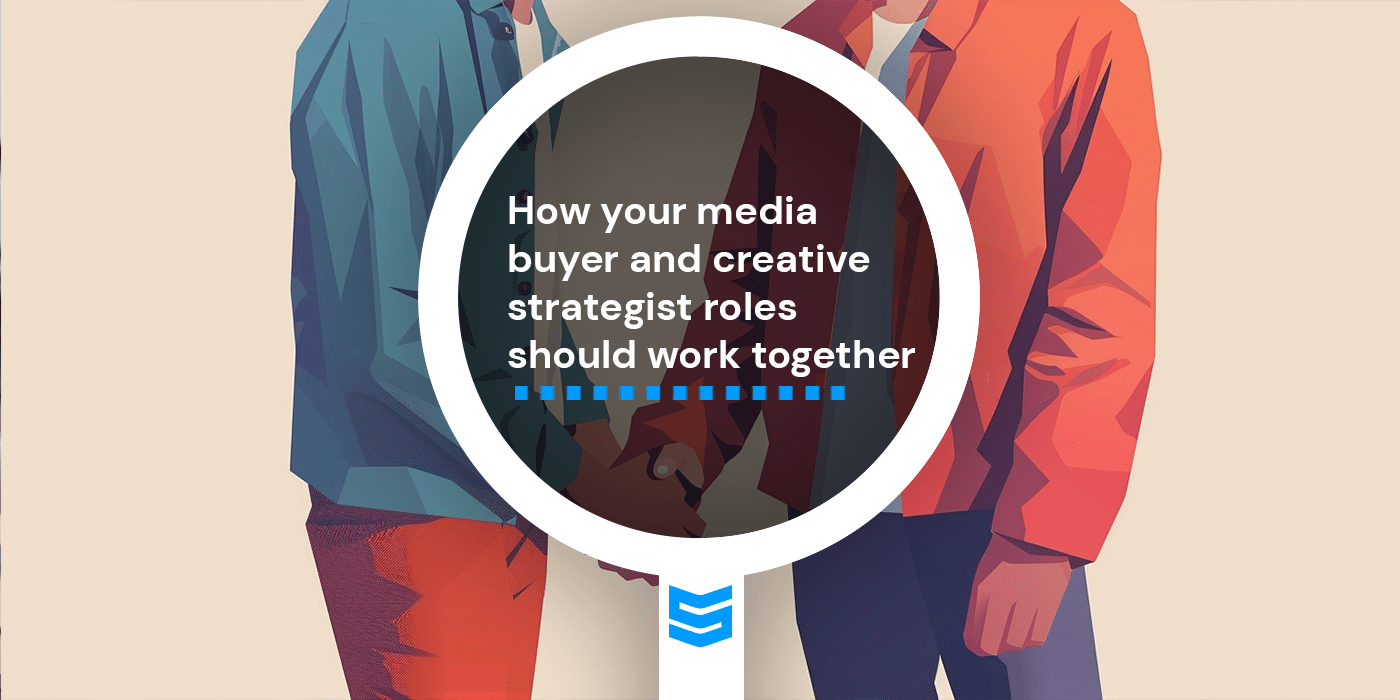Ever gotten into one of those heated political debates with a family member?
You know the ones.
You’re in the heat of battle, heart racing, and so you go to your good friend Google and pull up an academic study that proves you right.
You hold up the study triumphantly, and show numbers that objectively ruin your family member’s argument… and they don’t budge.
This is a well-documented phenomenon, sometimes called the Identity Change Theory.
What is the identity change theory?
If a belief is core to their identity, or if changing their belief would make them uncomfortable, then people will hold onto that belief—even in the face of refuting evidence.
Why this matters for marketing: Some marketers and copywriters use data to sell products on their websites, ad campaigns, and cold emails.
When you can use identity change theory in marketing
This can work well if the data incites positive emotions or isn’t challenging a personal belief.
But let’s say you’re selling hair transplants, and you claim 98% of men won’t grow their hair back unless they get a transplant.
(That’s a hypothetical statistic, by the way.)
If your audience believes there’s a way to get their hair back without flying to Istanbul for a transplant, then your statistic will only evoke a knee-jerk reaction.
You’ll lose them, and their trust as well.
And that’s a revenue-killer.
Bottom line?
Emotion is the most powerful persuasive tool, so use statistics only if they create positive emotions.
And if your pitch requires changing customers’ core beliefs on a topic, you’re going to need more than numbers.






